Harvest Time, Alfarblot, and Preparations
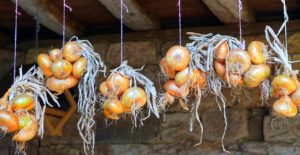 Here in the Northern Rockies, harvest is in full swing. Lots of peppers, corn, beans, potatoes, melons, and pumpkins fill the farmer’s markets. Inevitably, that means food banks get a ridiculous amount of produce donated from local farms.
Here in the Northern Rockies, harvest is in full swing. Lots of peppers, corn, beans, potatoes, melons, and pumpkins fill the farmer’s markets. Inevitably, that means food banks get a ridiculous amount of produce donated from local farms.
I am far from rich, being a writer. (And if you want to support my writing, go to my patreon page and sign up — or buy me a coffee.) That’s why I hunt and go to food banks. Since the main food bank in my area now allows one to take whatever you need, I’ve been back there once every two weeks. They say some people go there every day, but I live out of town a fair ways, so to save fuel, I have to plan trips accordingly.
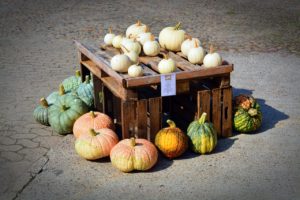 I won’t bore you with my shopping experience, but suffice to say, most of the food had been picked over early. That being said, as I waited, stuff that I actually needed appeared and I was able to bring home a lot of good stuff.
I won’t bore you with my shopping experience, but suffice to say, most of the food had been picked over early. That being said, as I waited, stuff that I actually needed appeared and I was able to bring home a lot of good stuff.
Last night I created ratatouille and filled my dehydrator with parsley and peppers. I couldn’t help thinking about our ancestors and what they must have gone through during this time to prepare for winter. I have to do a fair amount of preps, but it couldn’t be anything like what they did.
The Harvest and Preparation
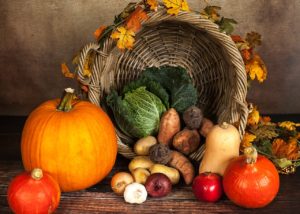 Our ancestors needed to prepare for the lean winter months. That required them to pay attention to the harvest. Harvest was a time when everyone worked, from the highest thegn to the lowest slave. Landowners at least had to supervise the harvest and keep track of everything being done, if they wanted it done correctly. Women and children had to help process the food to ensure it was properly preserved.
Our ancestors needed to prepare for the lean winter months. That required them to pay attention to the harvest. Harvest was a time when everyone worked, from the highest thegn to the lowest slave. Landowners at least had to supervise the harvest and keep track of everything being done, if they wanted it done correctly. Women and children had to help process the food to ensure it was properly preserved.
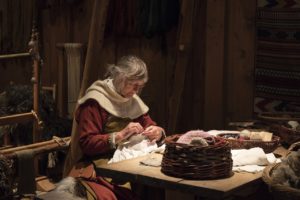 If you were a lord, you might have delegated oversight to trusted men or women, but this depended on how much land you owned, what time in history you lived, and how big your kindred was. Remember, kindreds were basically extended family. There might be people whom you had no famillial ties within your village, but they and their families had some positive aspects for being considered part of your kindred.
If you were a lord, you might have delegated oversight to trusted men or women, but this depended on how much land you owned, what time in history you lived, and how big your kindred was. Remember, kindreds were basically extended family. There might be people whom you had no famillial ties within your village, but they and their families had some positive aspects for being considered part of your kindred.
Maybe they were warriors who fought alongside you. Maybe they were people who helped you out, or whom you helped out. Basically, your community was there for protection and help. Because it was unlikely that separately they were stronger without you (or you without them).
Preparation for the Darkness
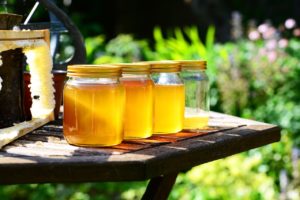 Winter, for all its beauty and majesty, could be a very brutal time for kindreds. Basically if you didn’t have the food saved, you were shit out of luck. Sure, there was game and fish to be had–assuming you could break a hole in the ice or find game in the snow–but other than your livestock and your food stores, that was it when it came to edible foods. The northern hemisphere was retreating into darkness, culminating in the solstice where the light returned.
Winter, for all its beauty and majesty, could be a very brutal time for kindreds. Basically if you didn’t have the food saved, you were shit out of luck. Sure, there was game and fish to be had–assuming you could break a hole in the ice or find game in the snow–but other than your livestock and your food stores, that was it when it came to edible foods. The northern hemisphere was retreating into darkness, culminating in the solstice where the light returned.
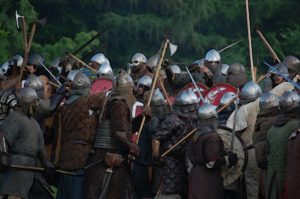 The gods help you if you had raiders, thieves, pests, or a bad harvest. There’s a reason why our ancestors were good warriors. They had to be. Not only did they raid other peoples for their treasures, but they also had to defend their homes against other raiders. Losing your food was a death sentence, unless you somehow procured more. This is why it was so important to be part of a kindred and not an outlaw. Outlaws didn’t have the safety of a kindred.
The gods help you if you had raiders, thieves, pests, or a bad harvest. There’s a reason why our ancestors were good warriors. They had to be. Not only did they raid other peoples for their treasures, but they also had to defend their homes against other raiders. Losing your food was a death sentence, unless you somehow procured more. This is why it was so important to be part of a kindred and not an outlaw. Outlaws didn’t have the safety of a kindred.
Planning for a Harvest Festival
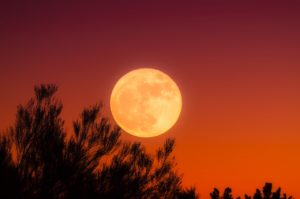 Now with the harvest almost completed, we modern day Heathens can look to have a harvest festival now. Maybe it’s winter finding, Alfarblot, or Samhain for you. Maybe you just want to celebrate Harvest. That’s perfectly acceptable. Maybe you’ve had a rough year and need something to look forward to. Maybe you had a good year and need to celebrate it. As a Heathen, the second harvest festival seems like a good idea.
Now with the harvest almost completed, we modern day Heathens can look to have a harvest festival now. Maybe it’s winter finding, Alfarblot, or Samhain for you. Maybe you just want to celebrate Harvest. That’s perfectly acceptable. Maybe you’ve had a rough year and need something to look forward to. Maybe you had a good year and need to celebrate it. As a Heathen, the second harvest festival seems like a good idea.
Like most Heathens, I feel that more celebrations are better than too little. So, if you want to celebrate Harvest, Halloween, Winter Finding, and Alfarblot, go for it. Just be aware you’ll have a very busy schedule.
Alfarblot?
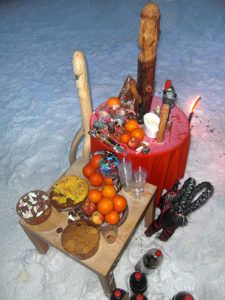 Our ancestors celebrated a holiday known as Alfarblot. It was to remember our male ancestors. When it was celebrated exactly, we don’t know, but I seem to recall it could have been in the fall or the winter. Choosing to remember our male ancestors during the second harvest festival seems appropriate. So, if you want to celebrate Alfarblot around Halloween or Samhain, that’s perfectly okay. I like to think of it around the beginning of November, but anytime around Halloween is fine. Seeing as we really don’t know all the holidays from the past, we can celebrate it in the spirit as it was intended.
Our ancestors celebrated a holiday known as Alfarblot. It was to remember our male ancestors. When it was celebrated exactly, we don’t know, but I seem to recall it could have been in the fall or the winter. Choosing to remember our male ancestors during the second harvest festival seems appropriate. So, if you want to celebrate Alfarblot around Halloween or Samhain, that’s perfectly okay. I like to think of it around the beginning of November, but anytime around Halloween is fine. Seeing as we really don’t know all the holidays from the past, we can celebrate it in the spirit as it was intended.
Why We Need to Celebrate Harvest
 Harvest is a time for celebration of the foods we’ve received from our farmers, but more importantly, the Earth. Just think how our lives would be different if we couldn’t grow fruits and vegetables. As a species, we all might still be hunter/gatherers. Or maybe we wouldn’t even exist because the carrying capacity of the land wouldn’t be able to support so many humans.
Harvest is a time for celebration of the foods we’ve received from our farmers, but more importantly, the Earth. Just think how our lives would be different if we couldn’t grow fruits and vegetables. As a species, we all might still be hunter/gatherers. Or maybe we wouldn’t even exist because the carrying capacity of the land wouldn’t be able to support so many humans.
Yes, humans domesticated plant and animal species, but without the Earth and our life’s genetics, we would have nothing. Even our biological scientific advancements in genetically modified engineering require DNA. That DNA happened either by the gods or by chance, whichever you believe. Without it, we would be here, nor would we have the foods we eat. Without good weather and optimal growing conditions, we wouldn’t have a harvest.
How to Celebrate the Harvest and Alfarblot
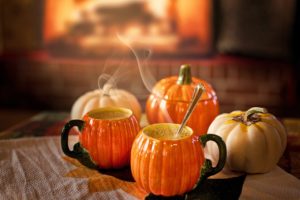 If you’re looking for ways to celebrate the harvest, here are some tips:
If you’re looking for ways to celebrate the harvest, here are some tips:
- Try cooking some Viking recipes. You can Google “Viking recipes” or try some recipes HERE.
- Give offerings to both the land some recipes HERE and the gods and goddesses of the harvest. This would include Freyr, Freyja, Thor, and Sif.
- Give offerings to Ullr and Skadi for a safe and prosperous hunting season, if you hunt.
- Make a feast from local foods.
- Visit a farm and help with the harvest. Some farms will allow you to pick your own produce for a cost.
- Work with your local food bank or food pantry to help feed the needy.
- Have a harvest game day–Northern peoples loved to play board games and games of strategy in the winter months.
- Decorate your home in an autumn theme. Be sure to do a salt ritual to ensure to banish negative wights.
- Put up photos of your recent ancestors, or things that remind you of your recent ancestors, especially the men. If you don’t know who they might be, or if you don’t want to honor certain men, that’s okay. There are other male ancestors whom you can honor, even if you don’t know them. And you can always honor a man who has made a positive difference in your life.
Those are just some ideas. Let me know what you’re doing!
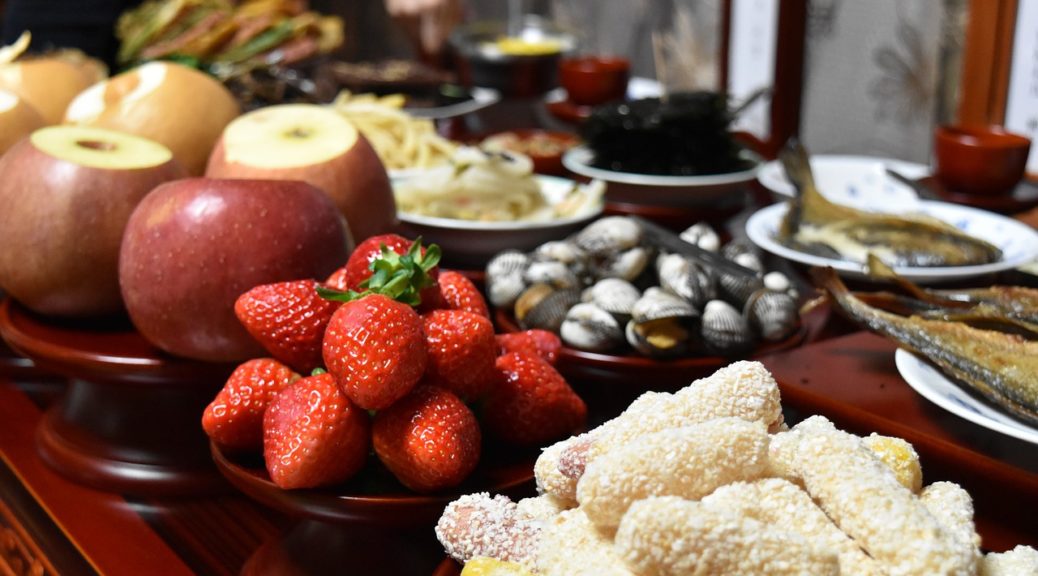
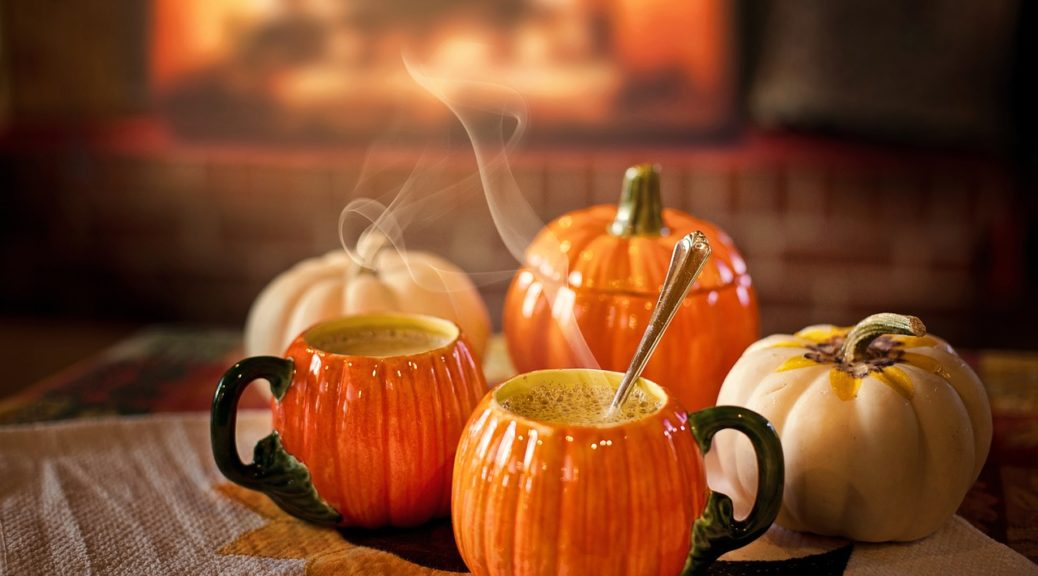


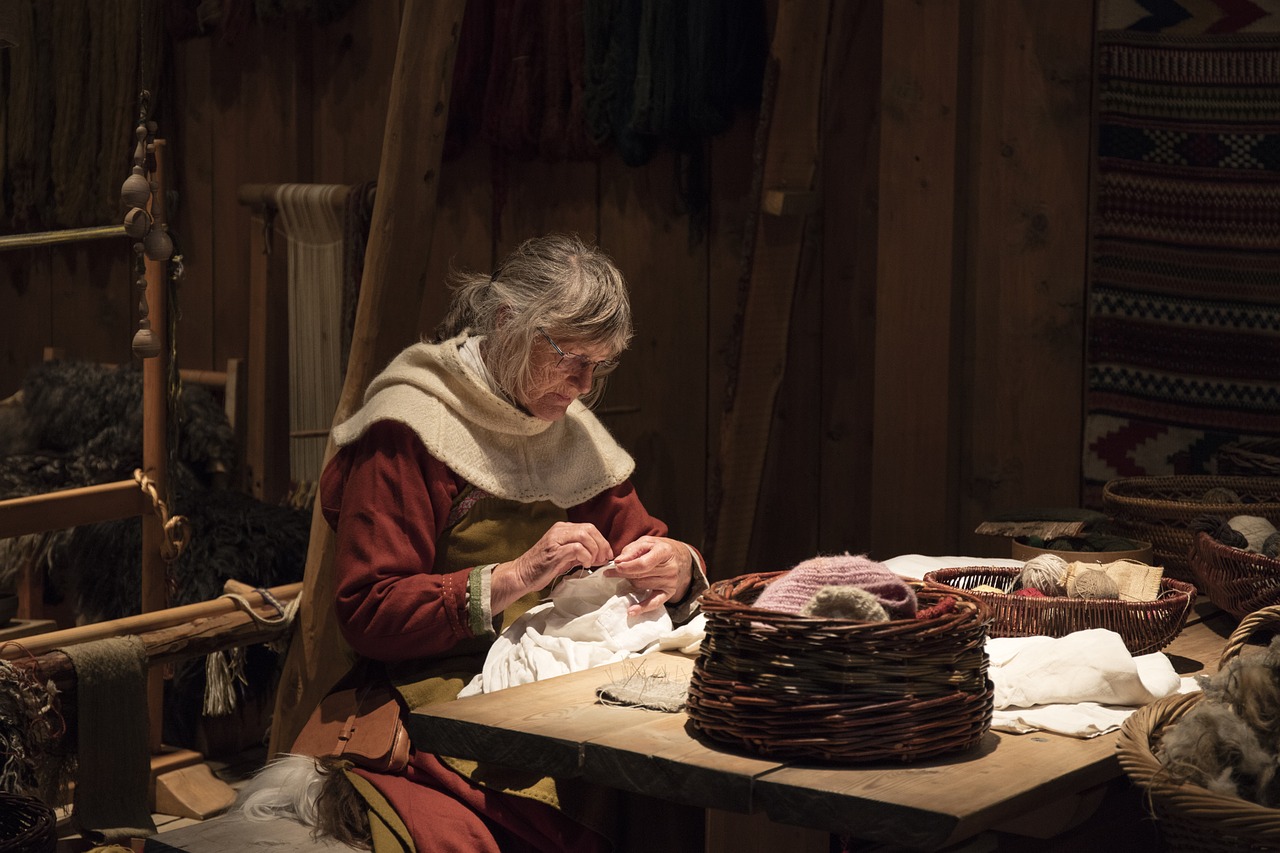
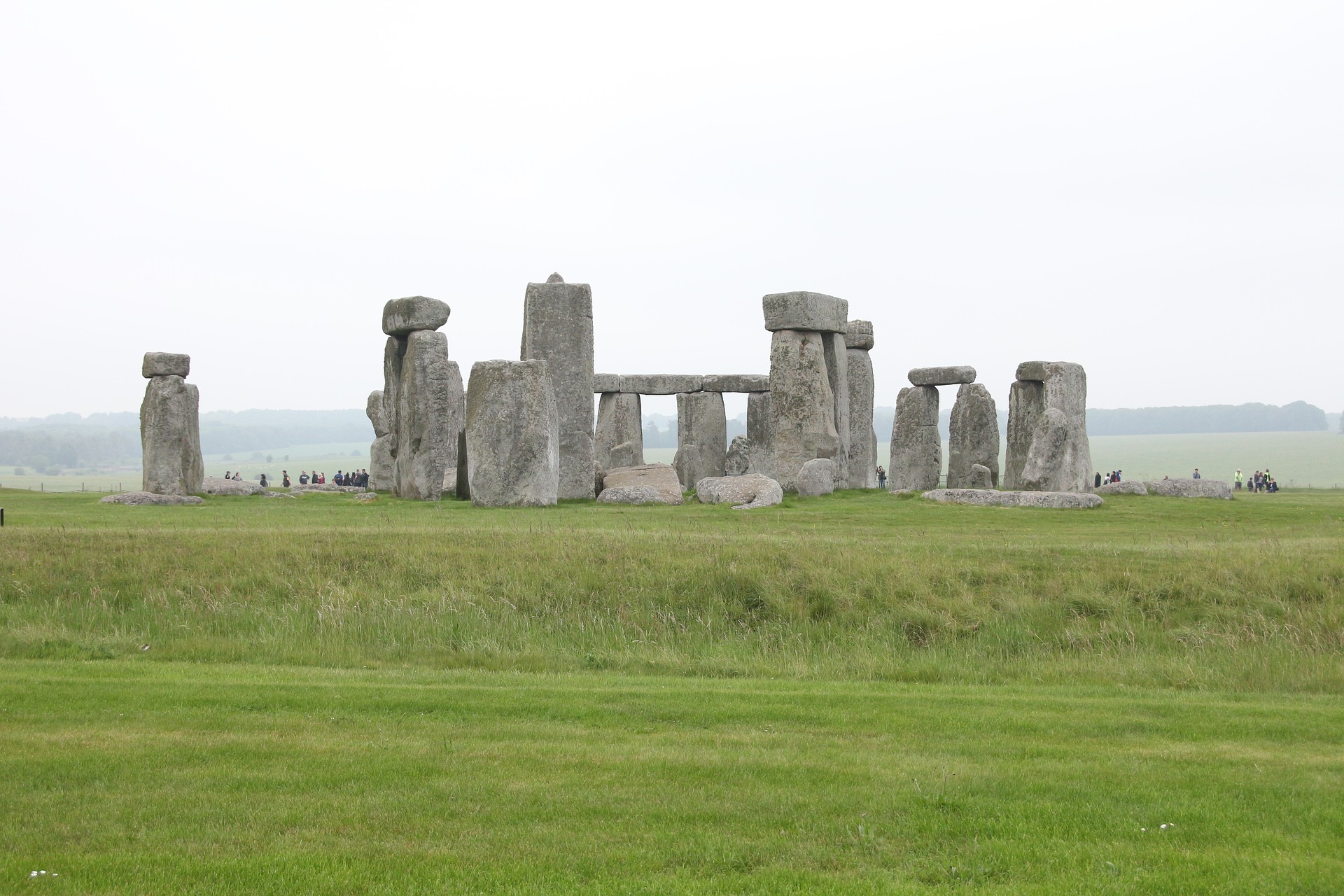
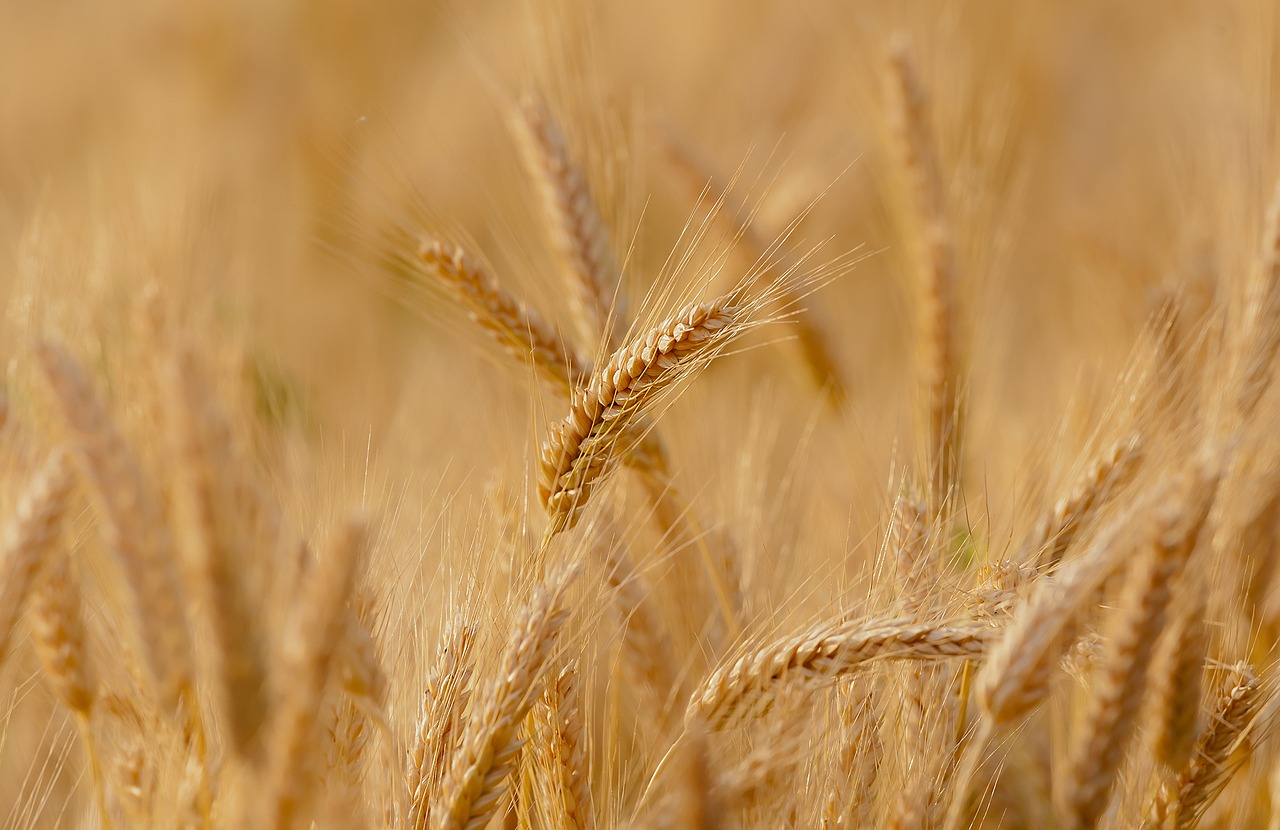
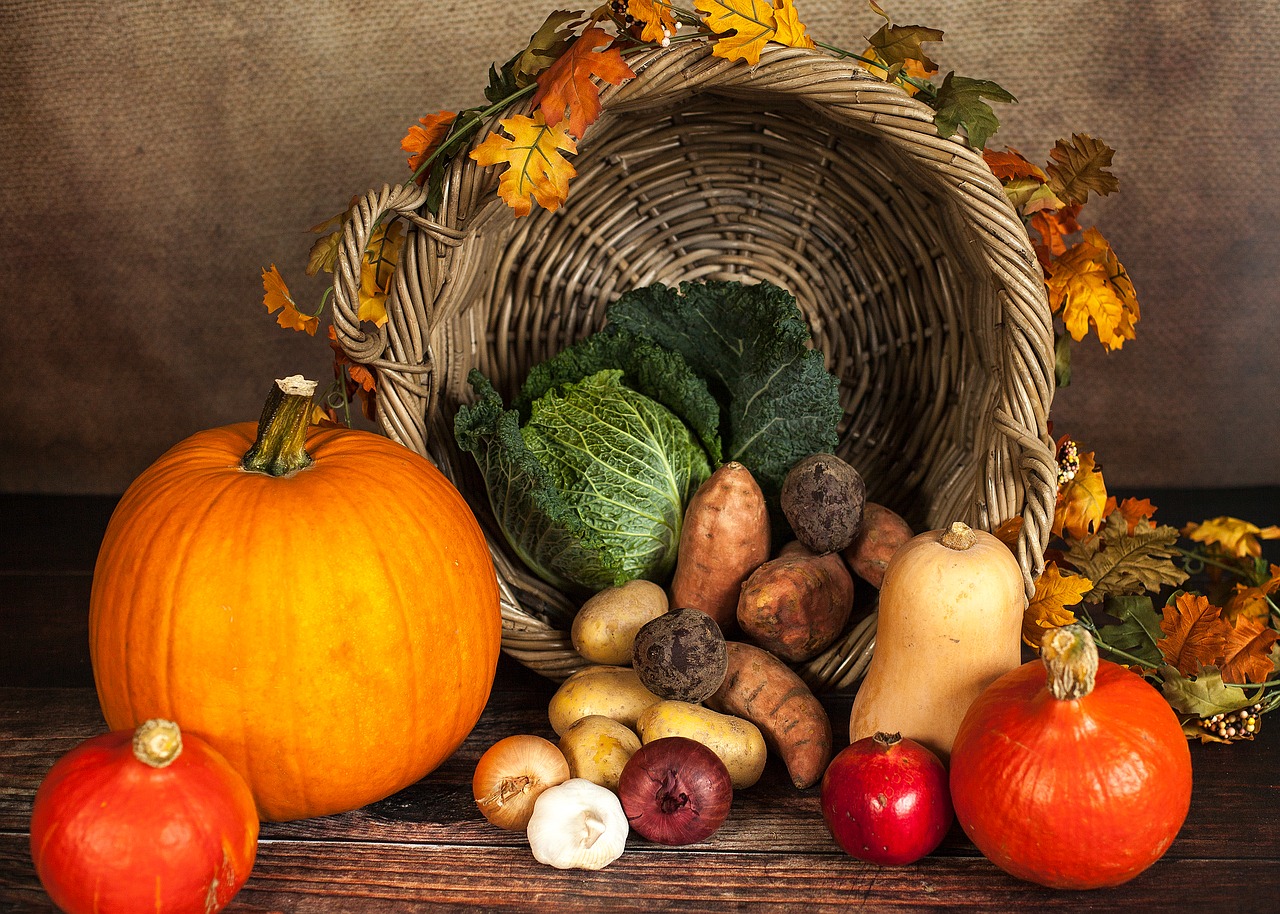
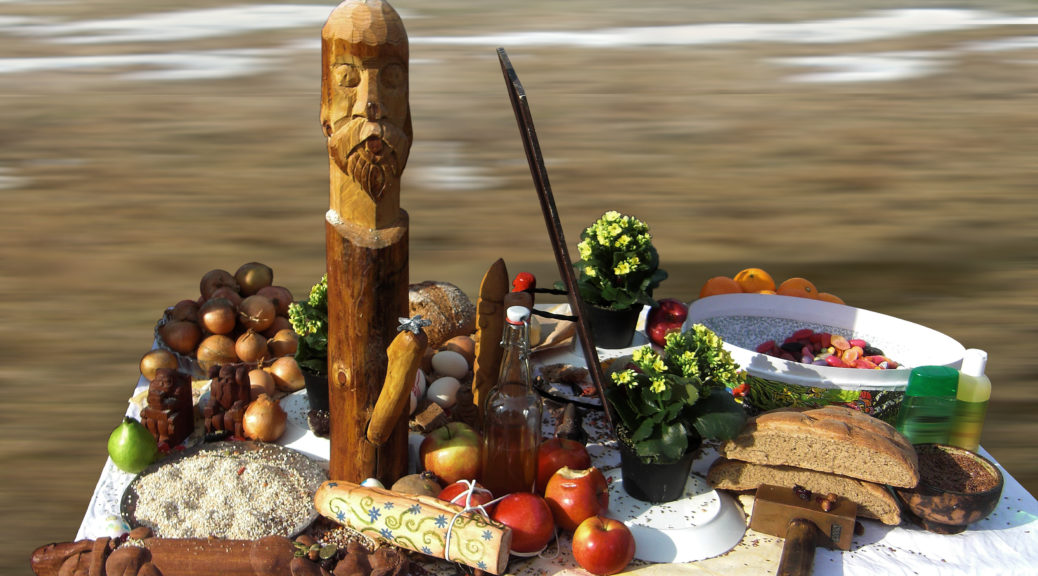
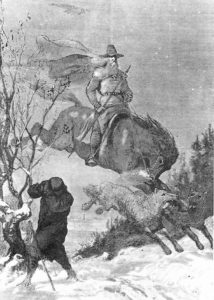 Choosing a god
Choosing a god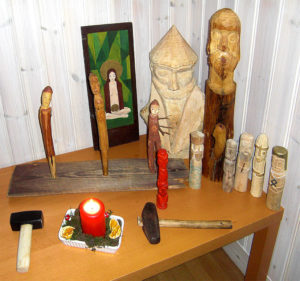 Some Heathens in history incorporated other gods and goddesses into their worship as they learned of them from other tribes, kindreds, and even other ethnicities. The Vanir are probably the best known for this. Some scholars believe that our ancestors added another tribe’s gods and goddesses that became the Vanir. Even when Christianity came to our northern ancestors, many tried to incorporate Jesus as another god in the pantheon. Of course, that didn’t really work too well, but we can see by the Icelandic Cross, jewelry makers were catering to both sides for a while.
Some Heathens in history incorporated other gods and goddesses into their worship as they learned of them from other tribes, kindreds, and even other ethnicities. The Vanir are probably the best known for this. Some scholars believe that our ancestors added another tribe’s gods and goddesses that became the Vanir. Even when Christianity came to our northern ancestors, many tried to incorporate Jesus as another god in the pantheon. Of course, that didn’t really work too well, but we can see by the Icelandic Cross, jewelry makers were catering to both sides for a while.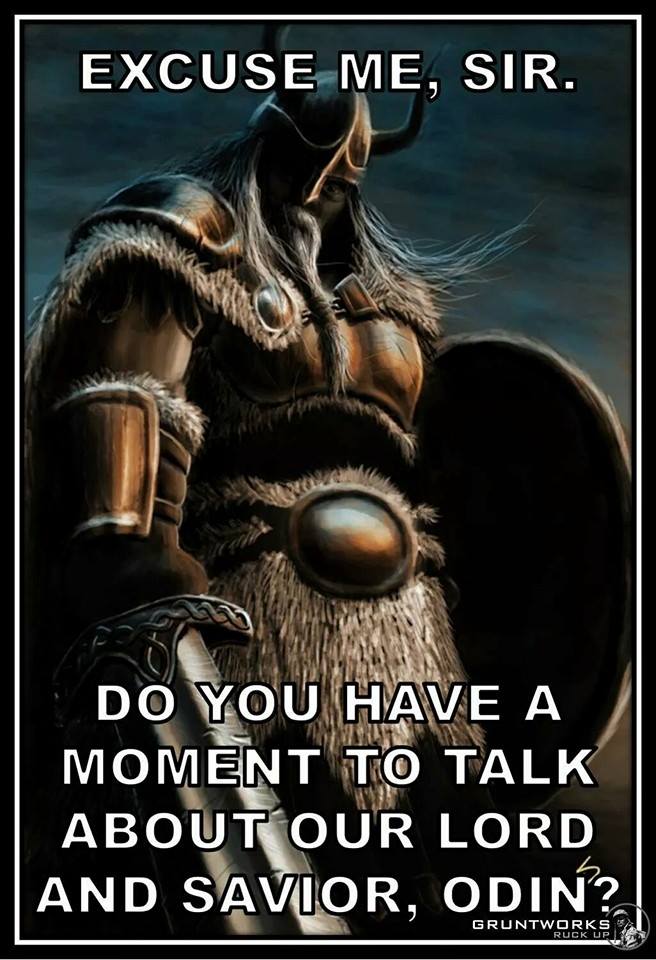 A lot of newbie Heathens tend to go with Odin, Thor, Freyja, or Loki, largely because of popular media. This is fine, and those gods are good within their own rights (although people might argue about Loki), however, that’s pretty much how far those new Heathens take it. They look at Odin as the All-Father in the same way that Christians look at Yahweh as “God the Father.” This comparison is laughable—or, maybe not, given the mercurial temperaments of both deities—when they are different in a number of ways. There are more gods and goddesses that may be far more influential and far more relevant in one’s life than the All-Father.
A lot of newbie Heathens tend to go with Odin, Thor, Freyja, or Loki, largely because of popular media. This is fine, and those gods are good within their own rights (although people might argue about Loki), however, that’s pretty much how far those new Heathens take it. They look at Odin as the All-Father in the same way that Christians look at Yahweh as “God the Father.” This comparison is laughable—or, maybe not, given the mercurial temperaments of both deities—when they are different in a number of ways. There are more gods and goddesses that may be far more influential and far more relevant in one’s life than the All-Father. grandparents, great-grandparents, and so on. They are the people whose blood runs through your veins. Without them, you would not be alive today.
grandparents, great-grandparents, and so on. They are the people whose blood runs through your veins. Without them, you would not be alive today.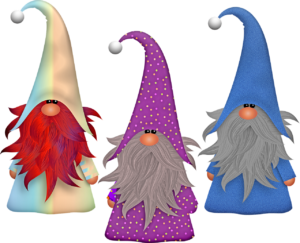 The Wights can be very helpful or harmful, depending on their nature and how you treat them. There are rules to make the Nisse happy, for example. Nisse or Tomte like having porridge with milk and a pat of butter on either Winter Solstice or Christmas, depending on which lore you follow. If you skimp (no butter) or don’t leave the offering, they can cause havoc.
The Wights can be very helpful or harmful, depending on their nature and how you treat them. There are rules to make the Nisse happy, for example. Nisse or Tomte like having porridge with milk and a pat of butter on either Winter Solstice or Christmas, depending on which lore you follow. If you skimp (no butter) or don’t leave the offering, they can cause havoc.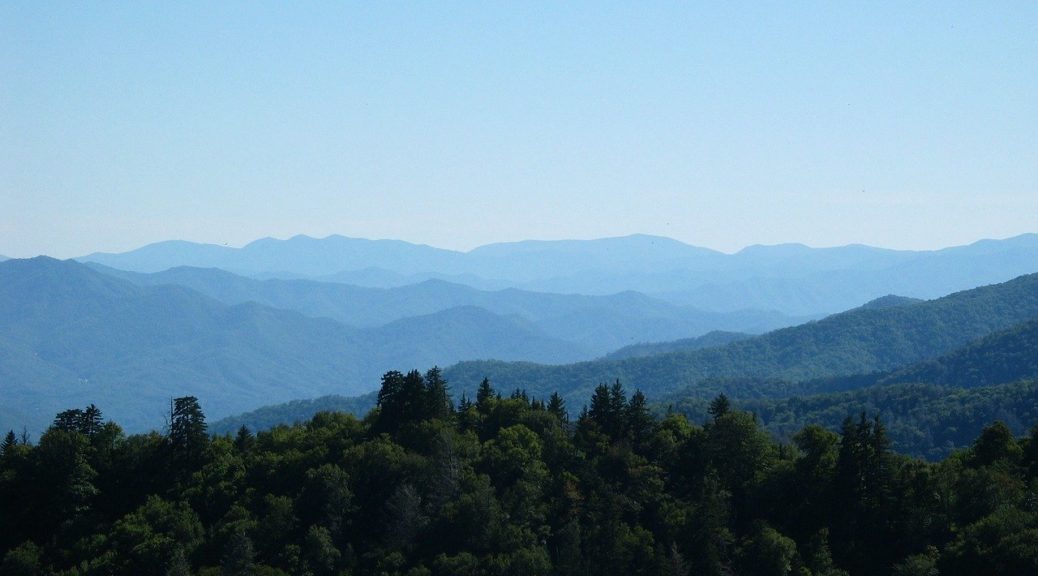





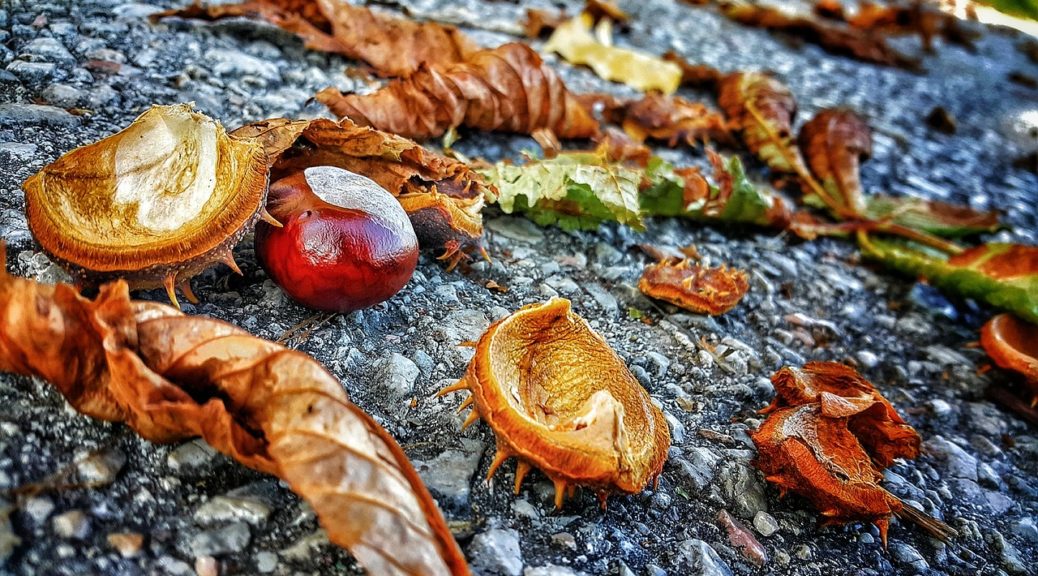
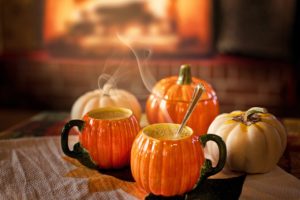 Now that
Now that 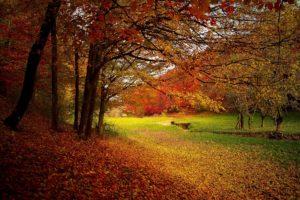 During this time, people were busy drying fruits and vegetables. Canning hadn’t been invented until the Napoleonic Wars, so that didn’t happen. People did store in what food they preserved for the upcoming winter months, presumably in
During this time, people were busy drying fruits and vegetables. Canning hadn’t been invented until the Napoleonic Wars, so that didn’t happen. People did store in what food they preserved for the upcoming winter months, presumably in 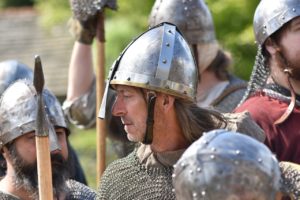 Beyond hunting and foraging for food as well as harvesting and preserving food, the Northern peoples spent time enjoying themselves too. Those who lived in the Viking era enjoyed playing board games, drinking games, and other indoor games when the weather got too cold or in the evenings when they had a little time to relax. When they had free time outside and the weather wasn’t too cold or snowy, they’d practice fighting and even hold mock battles to improve their skills. Some of these “games” ended up pretty bloody.
Beyond hunting and foraging for food as well as harvesting and preserving food, the Northern peoples spent time enjoying themselves too. Those who lived in the Viking era enjoyed playing board games, drinking games, and other indoor games when the weather got too cold or in the evenings when they had a little time to relax. When they had free time outside and the weather wasn’t too cold or snowy, they’d practice fighting and even hold mock battles to improve their skills. Some of these “games” ended up pretty bloody.
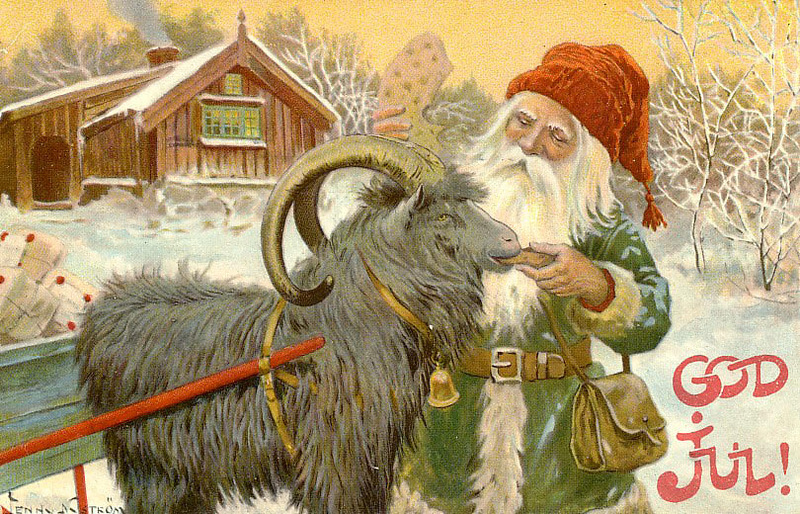

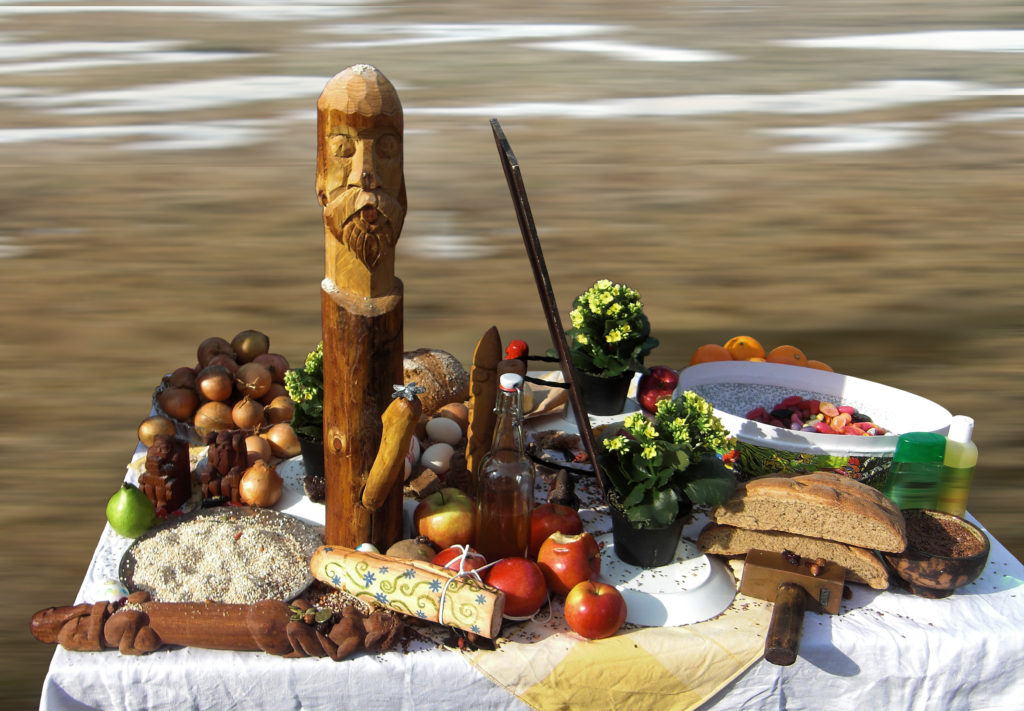



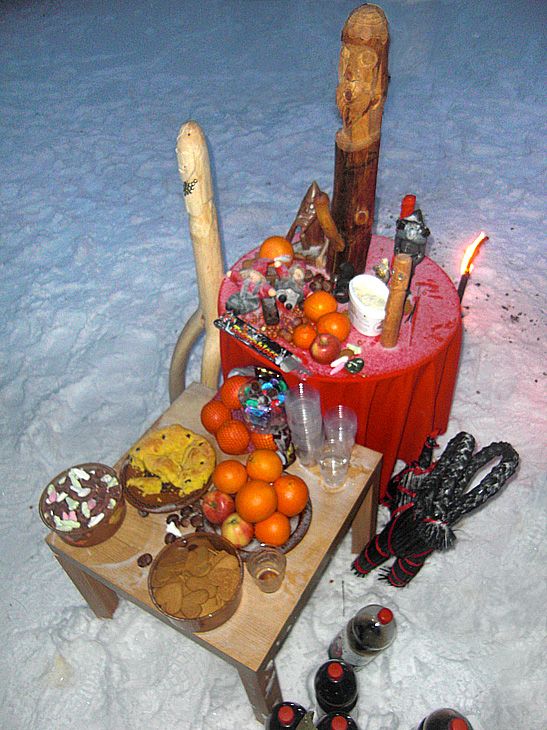
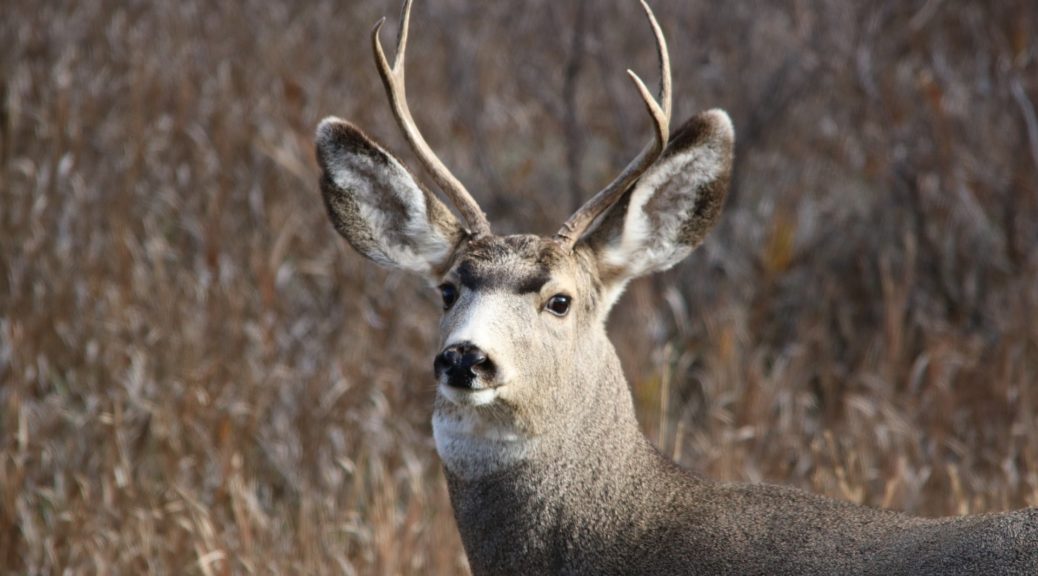
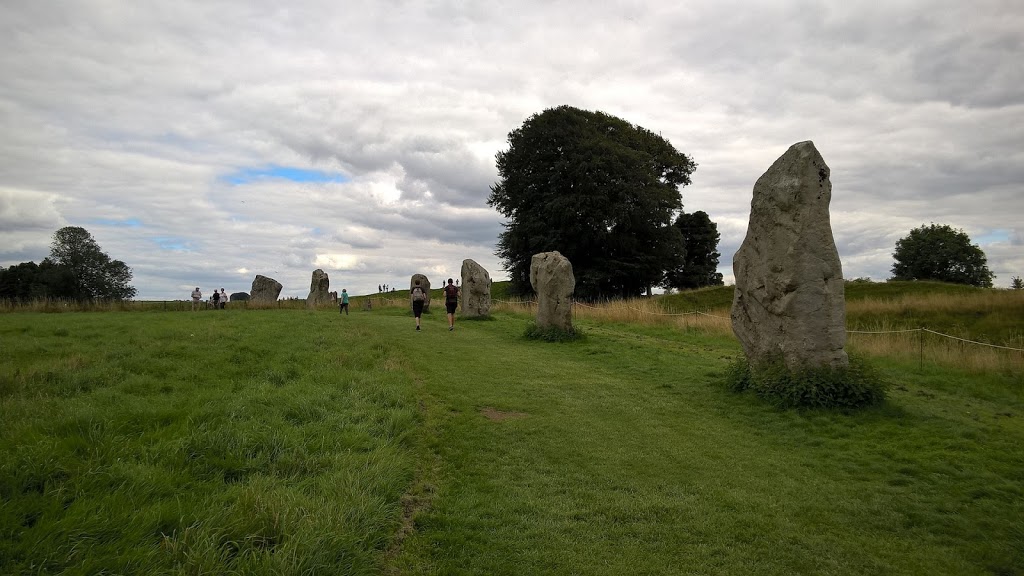
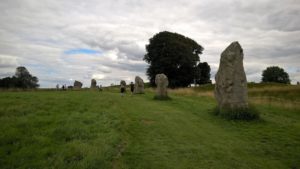 Before I get into the supposition that the gods are with us, let me address the personal nature of the gods, themselves. There are Heathens who believe that our gods really aren’t personal deities. That the concept of a personal deity comes from Christianity and those concepts taint our modern day beliefs.
Before I get into the supposition that the gods are with us, let me address the personal nature of the gods, themselves. There are Heathens who believe that our gods really aren’t personal deities. That the concept of a personal deity comes from Christianity and those concepts taint our modern day beliefs. 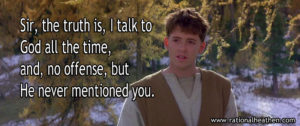 These aforementioned gods that have very little to do with humanity are not the gods I am talking about. The gods I am talking about are the gods who have made themselves known to humans. Who still make themselves known to humans. Odin, Thor, Freyja, Freyr, Tyr, Loki, Baldr, Skadi, Ullr, Heimdallr,…the list goes on. We would not know them if we did not have contact with them. Sure, you could say that hearing thunder and calling it a god is the basis for Thor, but then, why bother to have positive connotations with a thunder god if he didn’t somehow look benevolently on humans?
These aforementioned gods that have very little to do with humanity are not the gods I am talking about. The gods I am talking about are the gods who have made themselves known to humans. Who still make themselves known to humans. Odin, Thor, Freyja, Freyr, Tyr, Loki, Baldr, Skadi, Ullr, Heimdallr,…the list goes on. We would not know them if we did not have contact with them. Sure, you could say that hearing thunder and calling it a god is the basis for Thor, but then, why bother to have positive connotations with a thunder god if he didn’t somehow look benevolently on humans? are reserved and only show up at times they deem is suitable. They seldom come when you call –remember, they’re not your bitches. Even if you ask nicely, you can get complete crickets. They may have more important things to pay attention to. Like the entire universe.
are reserved and only show up at times they deem is suitable. They seldom come when you call –remember, they’re not your bitches. Even if you ask nicely, you can get complete crickets. They may have more important things to pay attention to. Like the entire universe.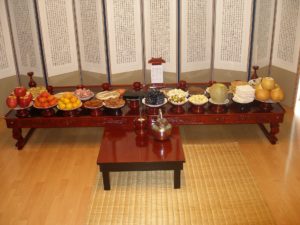 benevolent intentions, you should definitely get a name or an understanding of who or what they are. They shouldn’t be passing themselves off as a god. If they are, I wouldn’t want to deal with them simply because of the dishonesty.
benevolent intentions, you should definitely get a name or an understanding of who or what they are. They shouldn’t be passing themselves off as a god. If they are, I wouldn’t want to deal with them simply because of the dishonesty.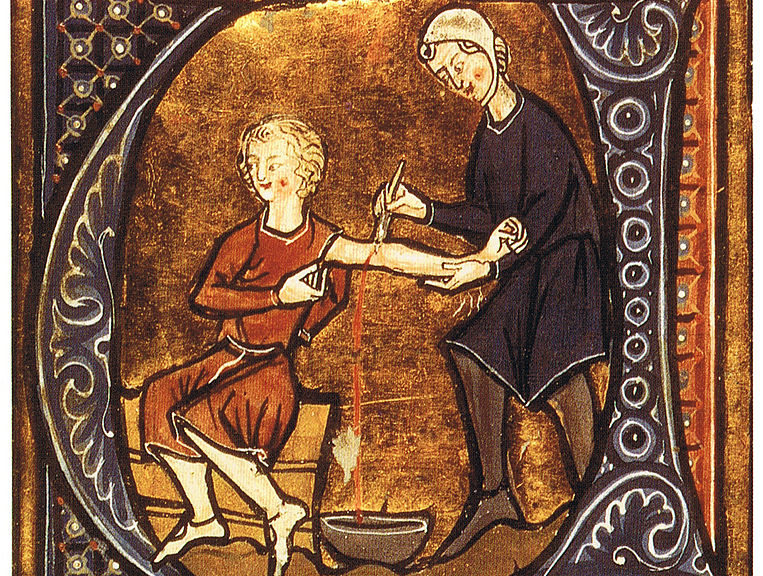
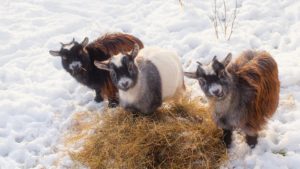 This spring I had a lesson on why the good old days weren’t that great. Having dealt with the realities of raising livestock, I’ve become far more appreciative of modern medicine, and science, in general. Not that I wasn’t appreciative of science to begin with, but when you see it in action, it changes your worldview. And you start to realize just how tough our ancestors had it then. You also realize how unlikely it was to see 50 years old back then.
This spring I had a lesson on why the good old days weren’t that great. Having dealt with the realities of raising livestock, I’ve become far more appreciative of modern medicine, and science, in general. Not that I wasn’t appreciative of science to begin with, but when you see it in action, it changes your worldview. And you start to realize just how tough our ancestors had it then. You also realize how unlikely it was to see 50 years old back then.